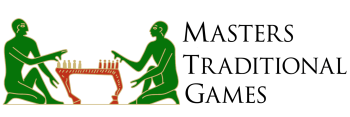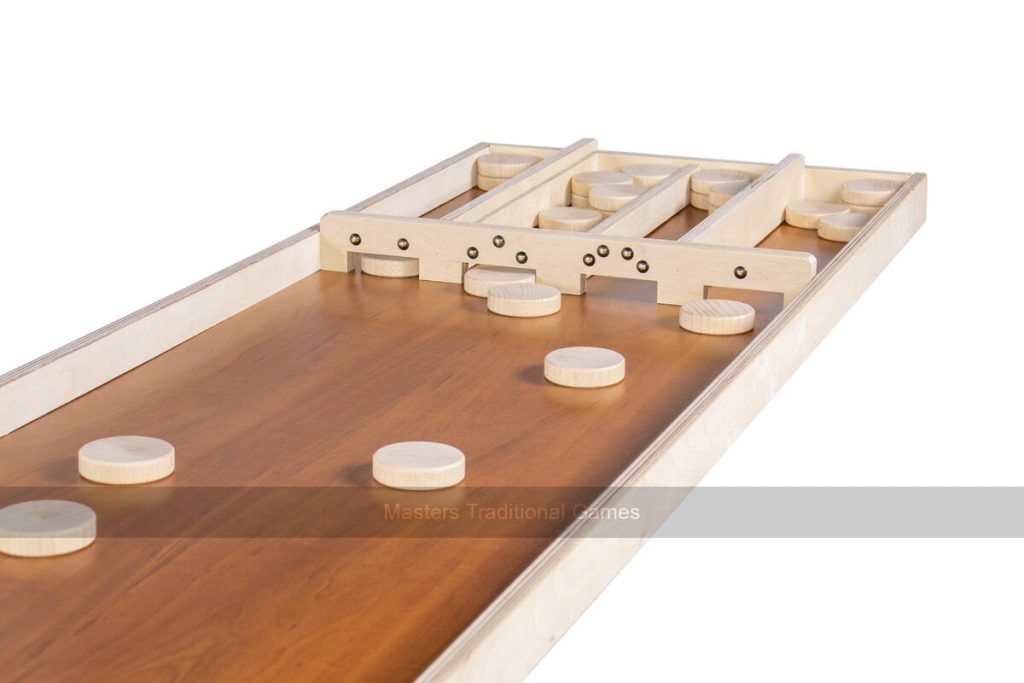Games Around the World
Many people tend to assume that the ubiquitous games played in their own country are popular throughout the world, but this is not necessarily the case. In fact, games differ from country to country as much as cuisine. In this article we’ll take a look a selection of hugely popular (and thoroughly recommended) games from around the world – a few of which you may not be familiar with.
India, with its rich gaming history laying claim to the ancient origins of both Chess and Snakes and Ladders, seems like the perfect place to start. The gaming tradition is still well and truly alive throughout the country and there are plenty of examples of traditional Indian games that are still played regularly today, such as Carrom and Pachisi (and let's not forget Bagh-Chal from neighbouring Nepal either).
Known as the 'national game of India', Pachisi is perhaps the most well known example of a 'cross and circle' race game, variations of which appear all over the world. Traditionally played on a cloth board with cowrie shells used as dice, evidence suggests the game dates back as far as the 4th Century AD. The game and it's numerous incarnations, such as Chaupar and (in the West) Ludo are still much loved and popular today.
Wei Qi or Go is one of the oldest games that's still played today. The origins are debatable, but it is known to be over 2000 years old with Chinese history attributing the game to Emperor Shun (2255 – 2206 BC). It is still hugely popular throughout China, Japan and Korea and widely considered to be the worlds greatest strategic skill game.
Countries in the West have plenty of traditional games pedigree too. Holland, for example, has Dutch Shuffleboard or Sjoelen, a fantastic table game played on a 2 metre long wooden board called a Sjoelbak. In the game, players have 30 wooden discs to slide up the board, attempting to get them in the 4 scoring zones at the opposite end. Very popular in Holland and Belgium, the game is also played in Germany. The game most likely came about in the late 19th Century and, like most games involving shoving discs, links back to Shovelboard, popular with the English upper classes during the Tudor times.
Countries in the West have plenty of traditional games pedigree too. Holland, for example, has Dutch Shuffleboard or Sjoelen, a fantastic table game played on a 2 metre long wooden board called a Sjoelbak. In the game, players have 30 wooden discs to slide up the board, attempting to get them in the 4 scoring zones at the opposite end. Very popular in Holland and Belgium, the game is also played in Germany. The game most likely came about in the late 19th Century and, like most games involving shoving discs, links back to Shovelboard, popular with the English upper classes during the Tudor times.
Top of page – Games Around the World






